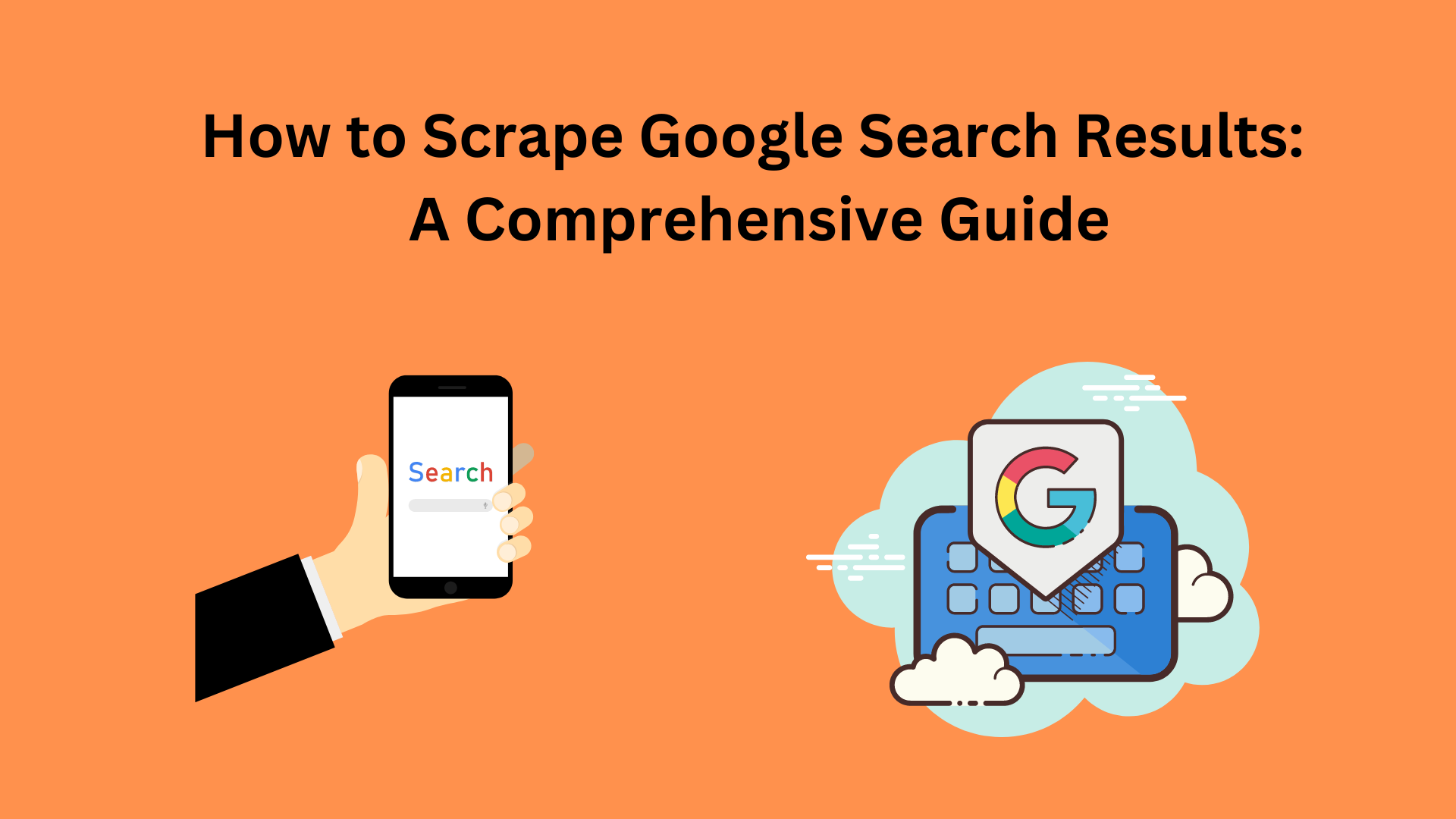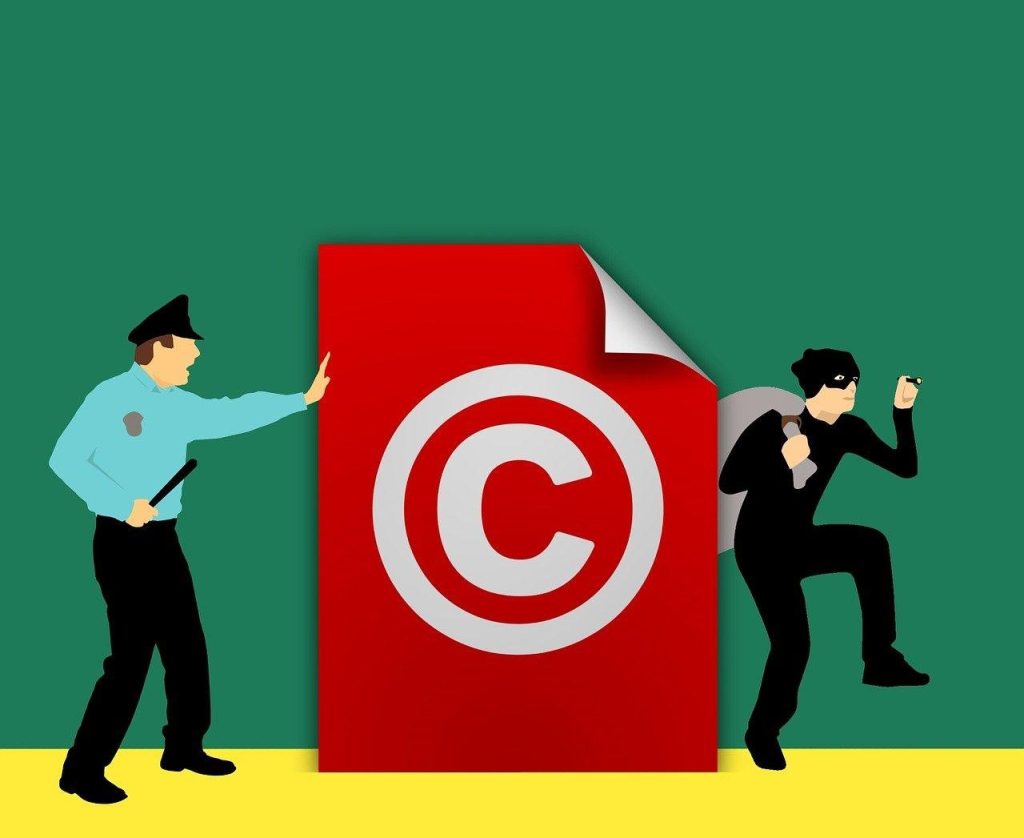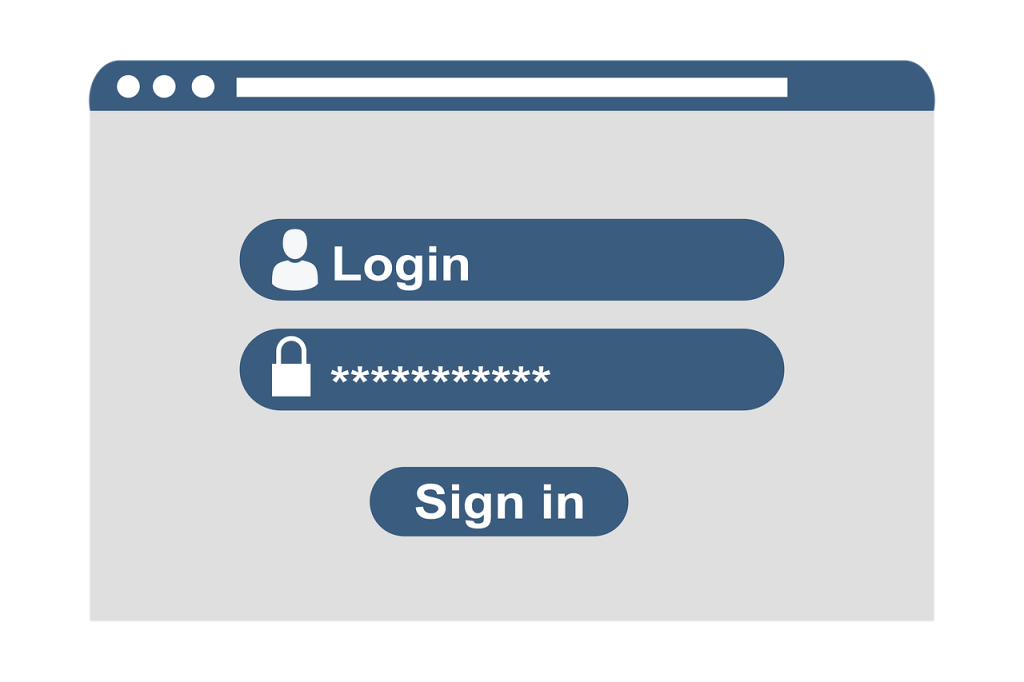How to Scrape Google Search Results: A Comprehensive Guide

Many professionals, including marketers, data nerds, and academics, now extensively rely on web research. Google, being the world’s most popular search engine, is a rich source of data that can be collected through web scraping. Web scraping, including Google scraping, is an automatic method of obtaining information from websites, such as search engine results. This article will teach you how to scrape Google search results and introduce the Zenserp Google SERP API, which will make the process much easier.
What Exactly is a Google SERP?
When people talk about scraping Google search results, they often use the term “SERP.” This acronym stands for Search Engine Results Page, which is the page that shows up after you enter a search query. Previously, Google would just provide a list of links in response to your search. SERPs, on the other hand, now include a variety of features and components to make your search experience faster and more convenient. Although there are several elements, we will concentrate on the most crucial ones.
The Legality of Web Scraping
Determining the legality of online scraping can be a complex matter, as it involves various factors. Before beginning a web scraping project, it is critical to grasp the legal bounds and follow ethical procedures. The following main factors influence the legality of web scraping.
Website Terms of Service
Websites often have terms of service that outline the permissible actions users can undertake on the site. Some websites explicitly prohibit scraping in their ToS, while others may allow scraping for personal use but restrict commercial use. Ignoring or violating a website’s ToS can lead to legal repercussions.
Robots.txt File
A robots.txt file is a text file hosted on a website’s server that provides guidelines for web crawlers and bots about which parts of the site can be crawled or scraped. It’s an important indicator of whether a website welcomes or discourages scraping. Ignoring the directives in a site’s robots.txt file can result in ethical and legal dilemmas.
Copyright and Intellectual Property

Serp scraping copyrighted content without authorization can infringe on intellectual property rights. Extracting and republishing original content without proper attribution or permission can lead to legal disputes.
Frequency and Volume
Excessive scraping that places an undue load on a website’s server or disrupts its operations can lead to legal action, as it violates the principles of fair use and responsible data retrieval.
Public vs. Private Data
Scraping publicly available data, such as information from open websites, often holds a stronger legal standing compared to scraping data from password-protected or subscription-based sources.
The Difficulties of Google Search Scraping
Below are some problems users run into when scraping Google search results.
Anti-Scraping Policies

Google employs anti-scraping measures to protect its data and the user experience. CAPTCHAs and IP limitations, for example, can help to prevent scraping efforts. By restricting IP addresses and eliminating CAPTCHAs, the Zenserp search Google API may handle these concerns, resulting in a pleasant scraping experience.
Maintenance Difficulties

Websites, especially Google, change their structure regularly, causing scraping programs to malfunction over time. Regular monitoring and maintenance, together with the versatility of the Zenserp API, provide continuous and dependable data retrieval.
Loading of Dynamic Content
Dynamic page loading on Google, which JavaScript frequently enables, can render standard scraping methods inefficient, resulting in inadequate data extraction. The Zenserp API includes a browser that can navigate such content and provide precise search results.
Data Structured
Google offers results in a variety of structured formats, making it challenging to consistently extract and arrange data. The Zenserp API returns structured JSON data, eliminating the need for HTML processing and simplifying data extraction.
Legal and Ethical Considerations
Scraping is expressly prohibited by Google’s Terms of Service, and reckless scraping can result in legal consequences as well as a burden on Google’s infrastructure. The Zenserp Google search scraper adheres to ethical and legal norms and is a safe and dependable way to retrieve search results.
Steps to Get Started with Zenserp Google SERP API
Given below is a list of steps that will help you to start a SERP search.
Registration and API Key Acquisition

The first step on your journey is to create an account on the Zenserp website. Once registered, you’ll receive an API key, which is a unique identifier that grants you access to the API’s functionality. Keep this key secure, as it will be important for making API requests.
Creating Precise Search Queries
With your API key in hand, you’re ready to begin creating search queries. Zenserp API provides comprehensive documentation that outlines the various parameters and filters you can use to customize your queries. Whether you’re looking for specific keywords, results from a certain location, or a particular result type (such as images or news), these parameters allow you to zero in on the data that matters to you.
Making API Requests
Once you’ve created your search query using the appropriate parameters, it’s time to make an API request. This involves using your preferred programming language (such as Python, JavaScript, or Ruby) to send an HTTP request to the Zenserp API endpoint. Pass along your API key and the query parameters you’ve defined.
Here’s a simplified example using Google Search API Python and the requests library:
| import requests api_key = “YOUR SERPAPI_API_KEY” search_query = “YOUR_SEARCH_QUERY” url = f“https://app.zenserp.com/api/v2/search?q={search_query}&apikey={api_key}” response = requests.get(url) data = response.json() |
Utilizing Zenserp API’s Setting Parameters and Filters
Zenserp API stands out by providing a variety of adjustable parameters and filters for fine-tuning your search queries. You can customize your search to generate the most relevant and precise results for your needs by using these criteria. If you’re seeking geolocation, language, or result kind, the Zenserp API has you covered. Given below are some of the parameters you could use.
- Query Parameters: The “q” parameter allows you to define your search query.
- Location and Language: Modify the “location” parameter to target specific geolocations and the “hl” parameter to set the language of the search results.
- Number of Results: Adjust the “num” parameter to specify how many search results you want to retrieve.
- Output Format: The output parameter lets you choose the output format for the results, either ‘JSON’ or ‘HTML’.
Advanced Parameters
Zenserp API offers an extensive range of parameters for granular control over your search queries. These include device, start, search_type, and more.
Processing Structured JSON Data
Upon making the API request, you’ll receive a structured JSON response containing the search results.
| search_results = data.get(“organic”) for result in search_results: title = result.get(“title”) url = result.get(“url”) snippet = result.get(“snippet”) |
Conclusion
Zenserp Google SERP API is a toolset that provides a variety of configurable criteria and filters, allowing you to generate personalized search queries. We have demonstrated how you can improve and alter your search outcomes by considering certain geographic regions, preferred languages, and specific result categories. Users can simply acquire and analyze search results that are perfectly aligned with their demands by utilizing Python’s ‘requests’ module in conjunction with the Zenserp Google SERP API’s extensive parameter set. The ability to comfortably use this API can considerably increase one’s capacity to obtain and utilize relevant information efficiently in a situation where data-driven choices are vital.
FAQs
Is it legal to scrape Google search results?
The legality of scraping Google search results is complex. Google’s Terms of Service prohibit automated scraping, and some actions may violate copyright or intellectual property rights. Always review Google’s policies and terms before scraping.
How do I scrape Google search results in Python?
You can use libraries like requests or headless browsers like Selenium to send HTTP requests and parse HTML. However, consider using APIs like Zenserp Google SERP API for structured and legal scraping.
Is SERP API free?
Zenserp Google SERP API offers both free and paid plans. The features and usage limits vary between the plans.
Can websites detect web scraping?
Yes, websites can detect web scraping through various means, such as monitoring unusual traffic patterns, analyzing user-agent strings, and CAPTCHAs. They might block IP addresses or take other countermeasures.






